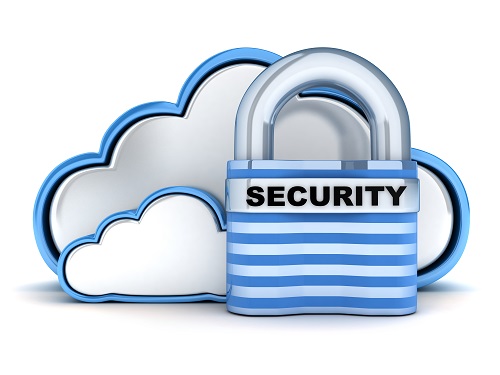If 10 years ago many of us were barely aware of bank cards, now online payments have come to occupy an important place in our lives. They save us unnecessary trips and wasted time paying bills and taxes and can bring almost any product or service to our door.
With the introduction of online payments, however, the theft of information and money has also made its appearance and fear still holds many people back from using these tools to make their lives easier.
But there are ways we can protect ourselves and check for ourselves how safe the website we want to buy from is. Before making the payment it is mandatory to check that the website address starts with https:// and not with http:// and has a lock or a key in front. If you click on this symbol you can even find out details about the security certificate used by that online shop. It should be taken into account that it is possible that while browsing the site the address will appear as http://, and that https:// will appear only on the page where the bank card data must be entered.
An additional security measure is to register your card in 3D secure through a request to the issuing bank which will provide you with an additional code to use for online payments.
Obviously, keeping the card and associated information (especially codes) safe is absolutely necessary; the PIN or 3Dsecure code will not be disclosed by messages, emails or phone calls to anyone.
But what are they and how do these security certificates (SSL) protect us?
SSL (secure sockets layer) is a protocol for encrypting (encoding) information so that it can only be decrypted by the server to which the information is sent. These certificates are mainly used by banking and online commerce websites, but they can be used by any website to protect your information; for example, if you are asked to log in with your username and password, it is desirable to be protected against hackers or computer viruses that can enter your account and gain access to important information. SSL certificates can also be used to protect emails, where each of us has confidential and potentially vital information, and where viruses can be spread through email and the accounts of those we correspond with can be attacked. The SSL certificate protects information in transit from being modified or copied.
These certificates are issued by a Certification Authority and differ according to the degree of identification they provide. They are purchased for a minimum of 1 year. See the types of certificates offered by Optihost.


